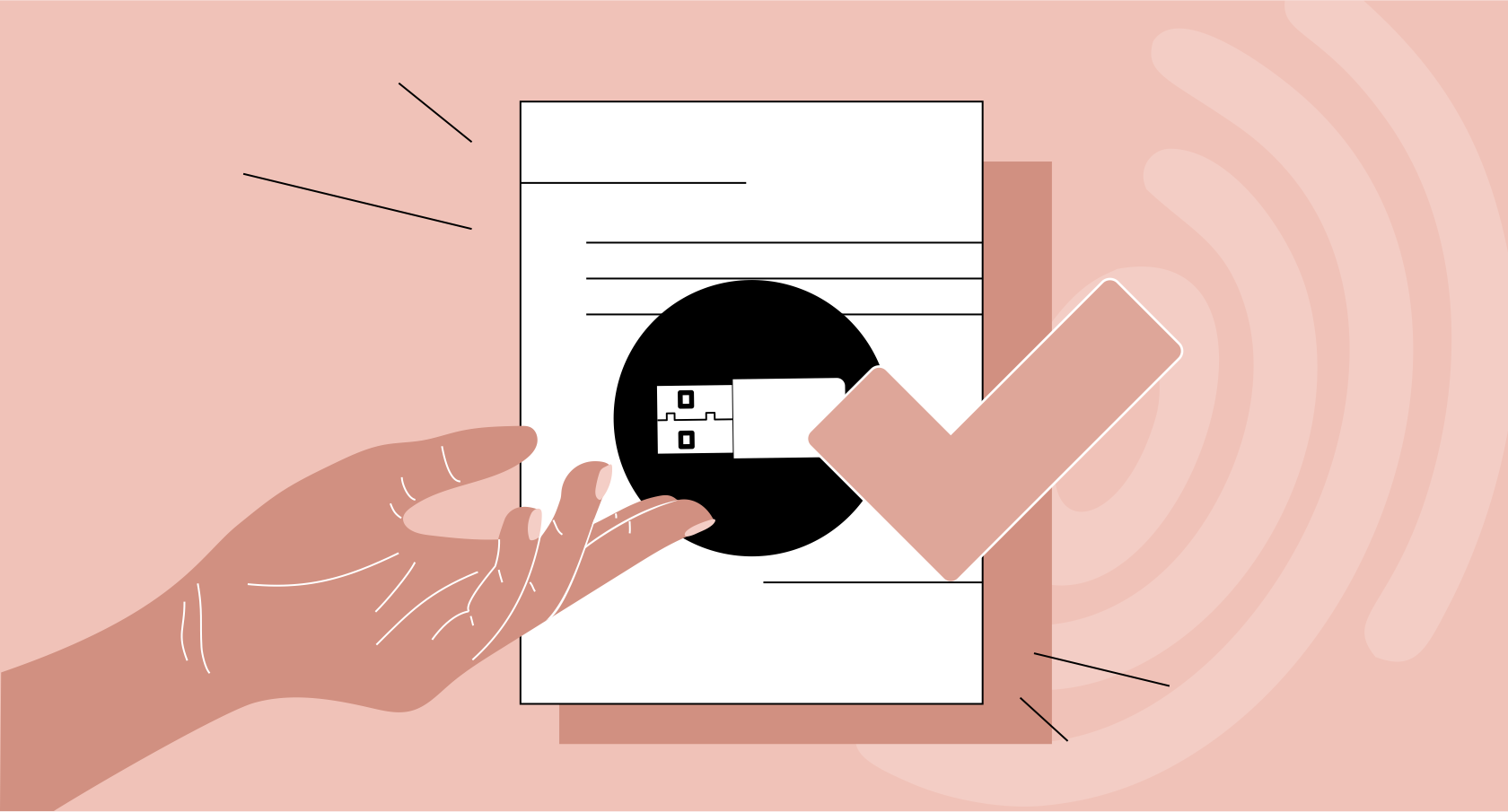In November, the EPO published the news that EPO now accepts assignments, licenses, and other recording agreements that have been executed using a qualified electronic signature.
What is new?
Starting from November 30, 2021, licenses, assignments, and other agreements executed via a qualified electronic signature will be accepted by EPO as evidence in support of registration of the transfer of rights or registration of a licence or other rights. A qualified electronic signature is considered to fulfil the legal requirement for a signature concerning data in electronic form in the same way that a handwritten signature does with respect to data on paper.
According to the definition provided in Regulation (EU) No 910\2014, a qualified electronic signature is an electronic signature that is:
(a) uniquely linked to and capable of identifying the person signing;
(b) created by means that the person signing can use with a high level of confidence and over which they have sole control;
(c) associated with the electronic document to be authenticated in such a way that any subsequent change in the data is detectable;
(d) created by a qualified electronic signature device; and
(e) based on a qualified certificate.
The requesters should establish that the electronically signed document meets the above requirements. They will generally be met if the parties use digital execution software. An individual needs a digital certificate to sign the document via such software. If the person does not have a digital certificate, one may need to get it from a Trust Service Provider.
Previously, the EPO accepted only contracts, licenses, and other agreements that had been executed using wet-ink, handwritten signatures. Still, a scanned copy of such documents remains sufficient for registration.
Additional formalities for registering assignments, licenses, or other agreements in the EPO
All other formal requirements for assignments, licenses, and other agreements in EPO remain the same. Here are the three main things that need to be included:
- European Patent Application Number: EPO will not accept assignments, licenses, or other agreements that do not mention the EP number or (if applicable) the corresponding PCT application number.
- Signatures of all parties are significant to the relevant agreement/license.
- Job titles: The EPO still requires the signatories to be sufficiently senior (for example, these must be board-level positions, such as CEO, President, or Managing Director for UK companies or Company Secretary for US companies) and have proof that they are authorized to bind the relevant party; "Authorized Signatory" is usually insufficient without additional evidence.
The possibility of using electronic signatures will ease the documentary burden for parties wishing to register assignments, licenses, or other agreements in EPO; it also brings EPO into line with UKIPO and EUIPO (UK Intellectual Property Office (UKIPO) and European Union Intellectual Property Office (EUIPO)).
However, it is still significant to register changes or interests of third parties related to registered intellectual property rights with all relevant intellectual property offices. Many patent and trademark offices do not accept documents with an electronic signature. Therefore, although this change in EPO practice is very welcome, it does not mean that digital execution will always be the best solution.
The original aricle is here. The notice of the EPO from their Official Journal can be found here.
You can send us any comments to our email; we will be elated to get feedback. If you find our articles fascinating, you can subscribe here.



